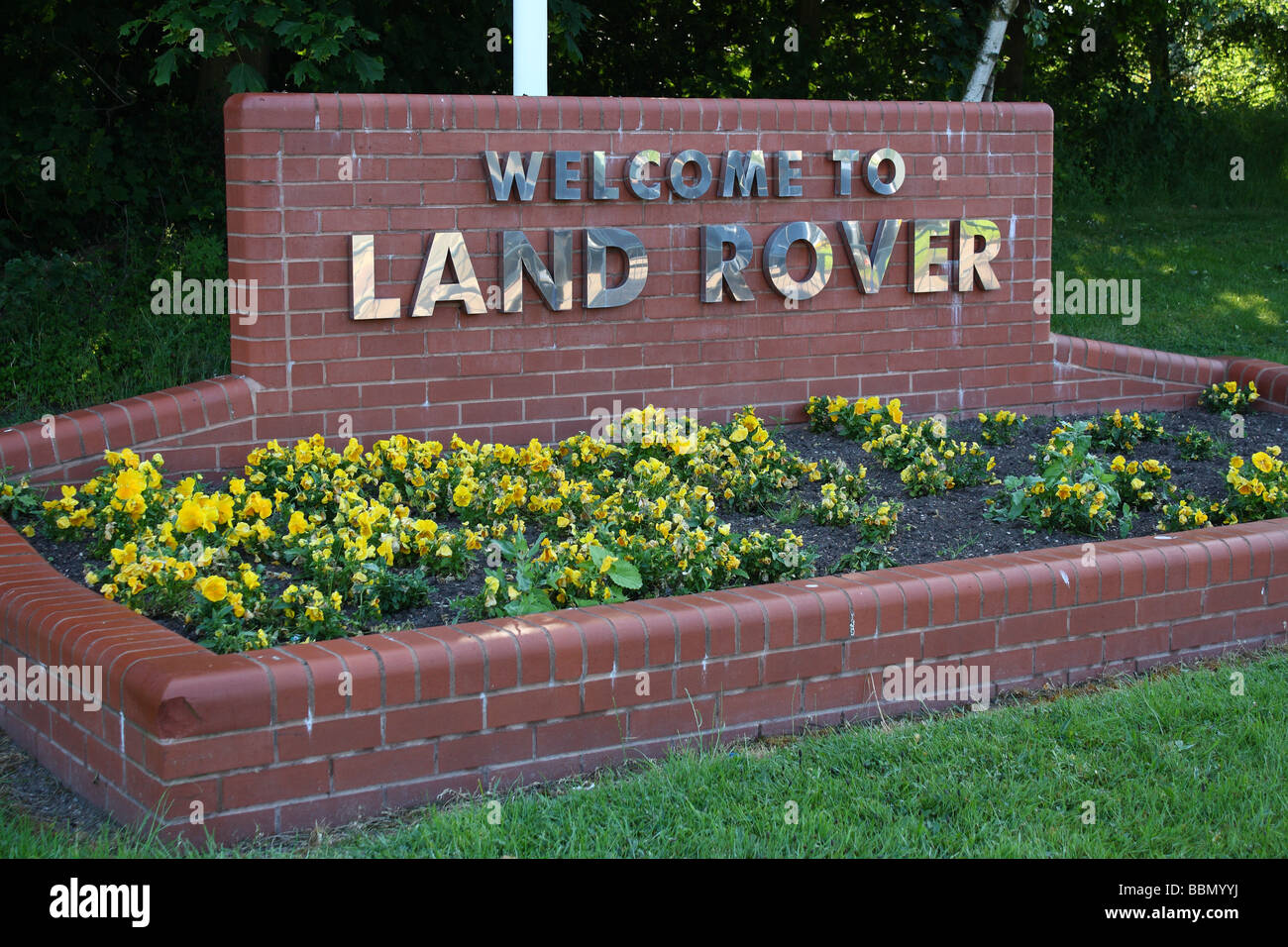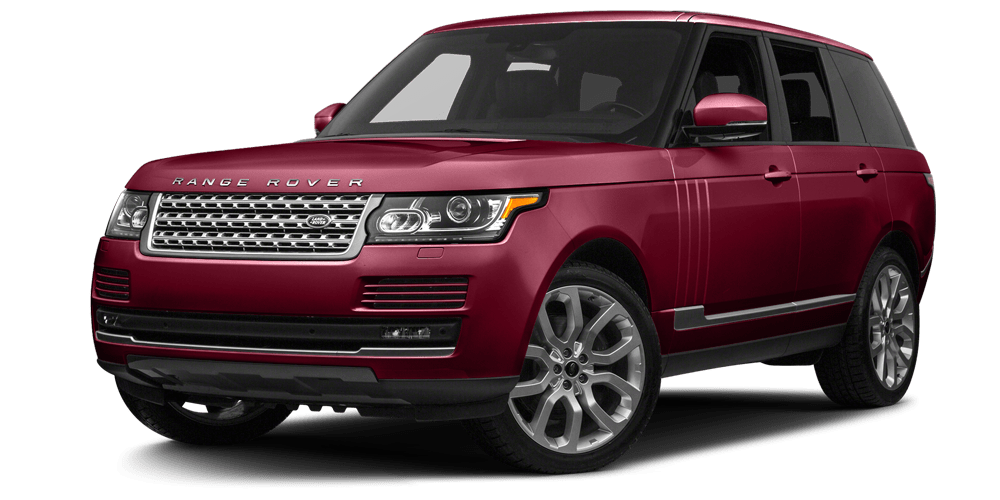Land Rover Company Owner: The Story Of Innovation And Luxury
When it comes to luxury vehicles, Land Rover stands tall as a symbol of sophistication and engineering excellence. The Land Rover company owner has a fascinating journey that traces back to the post-war era when Britain was rebuilding its economy. In this article, we’ll dive deep into the world of Land Rover, exploring its origins, current ownership, and the factors that make it one of the most iconic brands in the automotive industry.
Now, you might be wondering, who exactly owns Land Rover today? Well, buckle up because we’re about to uncover the story behind this legendary brand. From its humble beginnings to its current status as a global powerhouse, Land Rover has gone through several transformations, mergers, and acquisitions that have shaped its identity. So, let’s get started, shall we?
This article isn’t just about facts and figures; it’s about understanding the people, decisions, and innovations that have kept Land Rover at the forefront of the automotive world. Whether you’re a car enthusiast or simply curious about the business side of things, this piece will give you all the answers you’ve been looking for. Ready? Let’s go!
Read also:Salamander From Monsters Inc The Hidden Gem In Pixars Monster World
Table of Contents
- A Brief History of Land Rover
- Who Owns Land Rover Today?
- Tata Motors: The Current Land Rover Company Owner
- Mergers and Acquisitions Over the Years
- Land Rover's Commitment to Innovation
- Land Rover’s Impact on the Global Market
- Challenges Faced by the Land Rover Company Owner
- Future Plans and Vision
- The Luxury Factor Behind Land Rover’s Success
- Conclusion: Why Land Rover Stands Out
A Brief History of Land Rover
Let’s rewind to 1948, where it all began. Land Rover was born out of necessity during the post-World War II era when Britain needed affordable, versatile vehicles to aid in reconstruction efforts. The first Land Rover model, simply called the Series 1, hit the market and quickly gained popularity due to its rugged design and practicality. It wasn’t long before Land Rover became synonymous with off-road capabilities and durability.
Over the years, Land Rover evolved from a utilitarian vehicle to a luxury brand. The introduction of models like the Range Rover in 1970 marked a turning point, blending luxury with off-road prowess. This shift not only expanded Land Rover’s appeal but also set it apart from competitors in the automotive industry.
Fast forward to today, and Land Rover is a global brand with a reputation for innovation, quality, and style. But the journey hasn’t been without its ups and downs. Let’s explore who owns Land Rover today and how they’ve managed to keep the brand thriving.
Who Owns Land Rover Today?
Here’s the big question: who’s the current Land Rover company owner? Drumroll, please… It’s none other than Tata Motors, an Indian multinational automotive manufacturing company. Yes, you heard that right! Tata Motors acquired Land Rover (along with Jaguar) from Ford in 2008 for a whopping $2.3 billion. Since then, they’ve been steering the brand toward new heights.
Tata Motors: The Current Land Rover Company Owner
Tata Motors, part of the Tata Group conglomerate, has proven to be a formidable owner for Land Rover. Despite initial skepticism about an Indian company taking over a British icon, Tata Motors has demonstrated a deep understanding of the brand’s legacy and potential. They’ve invested heavily in research and development, ensuring that Land Rover continues to innovate and meet modern demands.
One of the key factors behind Tata Motors’ success as the Land Rover company owner is their commitment to preserving the brand’s DNA while embracing technological advancements. From electric vehicles to advanced driver-assistance systems (ADAS), Land Rover is at the forefront of automotive innovation under Tata’s leadership.
Read also:Onlyfans Creator Spotlight Kaitkrems Ndash A Deep Dive Into Her Journey And Success
Mergers and Acquisitions Over the Years
Land Rover’s ownership history is a tale of mergers, acquisitions, and transformations. Before Tata Motors came into the picture, Land Rover was owned by several other companies, each leaving its mark on the brand. Here’s a quick rundown:
- Rover Company (1948-1967): Land Rover was originally part of the Rover Company, where it gained its initial fame.
- British Leyland (1967-1986): The Rover Company merged with British Leyland, a larger automotive group, which helped expand Land Rover’s reach.
- British Aerospace (1986-1994): British Leyland was privatized, and Land Rover became part of British Aerospace before being sold to BMW.
- BMW (1994-2000): Under BMW’s ownership, Land Rover saw significant advancements in engineering and design. However, BMW eventually decided to sell the brand.
- Ford (2000-2008): Ford acquired Land Rover and Jaguar, further enhancing the brand’s global presence. However, the financial crisis of the late 2000s led to Ford selling both brands to Tata Motors.
Each of these ownership changes brought new opportunities and challenges, shaping Land Rover into the brand we know today.
Land Rover's Commitment to Innovation
Innovation is at the heart of Land Rover’s success. From the development of all-terrain technology to the introduction of hybrid and electric vehicles, Land Rover has consistently pushed the boundaries of what’s possible in the automotive world. Here are some of the key innovations that have set Land Rover apart:
- All-Terrain Capability: Land Rover’s expertise in off-road vehicles is unmatched. Features like Terrain Response and All-Terrain Progress Control make driving on challenging terrains a breeze.
- Sustainable Solutions: With the growing emphasis on sustainability, Land Rover is investing heavily in electric and hybrid vehicles. The Range Rover EV is just the beginning of a greener future.
- Advanced Technology: Land Rover’s vehicles are packed with cutting-edge technology, from touchscreen infotainment systems to advanced safety features.
Tata Motors has played a crucial role in driving these innovations, ensuring that Land Rover remains competitive in an ever-evolving market.
Land Rover’s Impact on the Global Market
Land Rover’s influence on the global automotive market is undeniable. With a presence in over 100 countries, the brand has carved out a niche for itself as a luxury SUV manufacturer. But what makes Land Rover so successful in the global market?
One factor is its ability to cater to diverse customer preferences. Whether you’re looking for a rugged off-roader or a luxurious SUV, Land Rover has something for everyone. Additionally, the brand’s commitment to quality and reliability ensures customer satisfaction, fostering brand loyalty.
From a financial perspective, Land Rover contributes significantly to Tata Motors’ revenue. Despite challenges such as supply chain disruptions and economic uncertainties, the brand continues to perform well, thanks to strong demand for its vehicles.
Challenges Faced by the Land Rover Company Owner
While Land Rover has achieved remarkable success, it’s not without its challenges. As the current Land Rover company owner, Tata Motors faces several hurdles that could impact the brand’s future:
- Global Economic Uncertainty: Fluctuations in global markets can affect demand for luxury vehicles, impacting Land Rover’s sales.
- Environmental Regulations: With increasing pressure to reduce carbon emissions, Land Rover must continue to innovate in the realm of electric and hybrid vehicles.
- Supply Chain Issues: The semiconductor shortage and other supply chain disruptions have affected production timelines for many automakers, including Land Rover.
Despite these challenges, Tata Motors remains committed to overcoming them and ensuring Land Rover’s continued success.
Future Plans and Vision
Looking ahead, Land Rover has ambitious plans to solidify its position as a leader in the luxury SUV segment. One of the key focuses is on electrification, with the brand aiming to offer a range of electric vehicles in the coming years. By 2030, Land Rover plans to have at least six fully electric models, aligning with global trends toward sustainability.
In addition to electrification, Land Rover is investing in digital technology and connectivity, enhancing the user experience for its customers. The brand is also exploring new markets and expanding its presence in emerging economies, ensuring continued growth and expansion.
The Luxury Factor Behind Land Rover’s Success
At the core of Land Rover’s success lies its ability to combine luxury with functionality. The brand’s vehicles are designed to provide comfort and style without compromising on performance. Whether you’re cruising down a city street or tackling a muddy trail, Land Rover offers a seamless driving experience.
But what exactly defines luxury in the world of Land Rover? It’s the attention to detail, the use of premium materials, and the cutting-edge technology that sets Land Rover apart. Customers are willing to pay a premium for these features, knowing they’re getting a vehicle that’s built to last and designed to impress.
Conclusion: Why Land Rover Stands Out
In conclusion, Land Rover’s journey from a post-war utility vehicle to a global luxury brand is nothing short of remarkable. The current Land Rover company owner, Tata Motors, has played a pivotal role in this transformation, investing in innovation and quality to ensure the brand’s continued success.
Whether you’re a fan of off-road adventures or prefer the comforts of a luxury SUV, Land Rover has something for everyone. As the brand looks to the future, its commitment to sustainability and technological advancements will undoubtedly keep it at the forefront of the automotive industry.
So, what’s next for Land Rover? Only time will tell, but one thing’s for sure – the brand’s legacy of excellence will continue to inspire and captivate audiences worldwide. If you enjoyed this article, don’t forget to share it with your friends and check out our other content for more insights into the world of automotive innovation.



